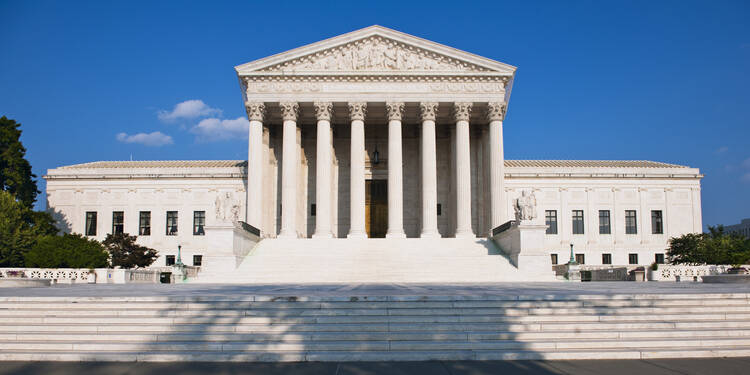On Monday, Jan. 25, 2016, the U.S. Supreme Court proclaimed the retroactivity of its 2012 decision that prohibits mandatory life sentences for juvenile offenders. The decision creates the possibility of release for approximately 2,000 inmates nationwide. Justice Kennedy, who wrote the decision for the court, suggested states could comply with the ruling by granting parole hearings rather than costly resentencing proceedings. The decision was criticized by the dissenting justices, Scalia, Alito and Thomas, in part, because it seems to alter the standard for imposing life imprisonment for juveniles. Whereas the 2012 case invalidated mandatory juvenile life sentences and stated that an offender’s youth must be given consideration, this decision declares that life without parole is barred “for all but the rarest of juvenile offenders, those whose crimes reflect permanent incorrigibility.” Justice Kennedy concludes, “prisoners like Montgomery [who has spent 46 years in prison for a crime committed when he was 17] must be given the opportunity to show their crime did not reflect irreparable corruption; and, if it did not, their hope for some years of life outside prison walls must be restored.”
In another case, the U.S. Supreme Court reversed a decision from its Idaho counterpart regarding the discretionary grant of attorney’s fees in federal civil rights lawsuits. Such a decision ordinarily would be unremarkable, but this case involved the Idaho Supreme Court’s direct refusal to follow U.S. Supreme Court precedent. The federal court’s response was unequivocal. “As Justice Story explained 200 years ago, if state courts were permitted to disregard this Court’s rulings on federal law, ‘the laws, the treaties, and the constitution of the United States would be different in different states, and might, perhaps, never have precisely the same construction, obligation, or efficacy, in any two states. The public mischiefs that would attend such a state of things would be truly deplorable.’” The per curiam decision whose author is undisclosed concluded, “The Idaho Supreme Court, like any other state or federal court, is bound by this Court’s interpretation of federal law. The state court erred in concluding otherwise.” The case may have ramifications for state court judges, such as those in Alabama, who must decide whether to follow the U.S. Supreme Court’s determination regarding same-sex marriage.








